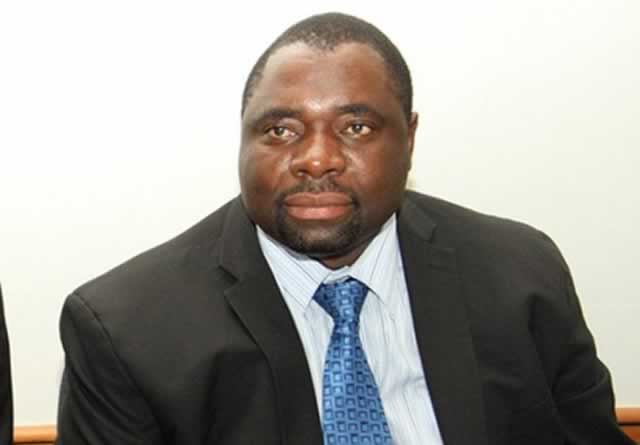US bids for civil unrest in Zim

Tichaona Zindoga Political Editor
The United States right-wing establishment is planning civil unrest in Zimbabwe which it says could occur “in the coming 12 to 18 months”. A memorandum dated March 2015, titled “Political Instability in Zimbabwe: Contingency Planning Memorandum No. 23” prepared by the Council on Foreign Relations, details the role the US will play in the violence and how it will seek to influence Zimbabwe’s neighbours, China and the European Union in abetting regime change.
Also read…
The US will also work with “moderates” in zanu-pf.
The revelations come as The Herald reported on Wednesday how MDC-T, the putschist cabal in zanu-pf and right-wing elements in the US were angling to make the country ungovernable by fomenting anarchy.
MDC-T leader Mr Morgan Tsvangirai has since travelled to the US to get funding and briefing on the nefarious plot.
The memorandum by the influential think-tank CFR, though, lays down the intricate details of the plan.
“Political instability and potential violence could threaten Zimbabwe in the coming twelve to eighteen months,” says CFR.
“Past crises have produced waves of refugees that have burdened Zimbabwe’s neighbours. Renewed instability in Zimbabwe would be a special challenge for South Africa, which is attempting to deal with its own pressing economic and social needs.
“It would also set back US interests in southern Africa, which are focused on support of good governance, trade, and investment . . . The United States should position itself to take advantage of these opportunities by working with others, notably South Africa and the other countries of the southern African region, to limit the risk of civil violence in Zimbabwe and to lay the groundwork for a better future.”
The think-tank then lays out conditions that would precipitate carnage in Harare.
These include President Mugabe becoming “incapacitated before installing a chosen successor”, “(a)n economic crisis triggers demands for political change” and “public unrest”.
It explains: “The security establishment, led by the ‘securocrats’—the senior leaders of the police and armed forces—controls not only the muscles of the state, but also a significant portion of the nation’s economy.
“Civil violence or mass civil disobedience is unlikely as long as the grip of the securocrats remains firm. The failure of security forces to curb protests, strikes, and demonstrations through the use of force and intimidation might be an indicator of divisions among the securocrats. Observers should watch for changes in the major military and police commands and possible movements of army and police units.
“Likewise, it will be important to watch for increased willingness on the part of the political opposition and civil society groups to carry out protest activities.”
Already, in recent weeks, the opposition and civil society organisations have been engaging in low-level illegal demonstrations, which analysts point out are meant to provoke the security arms into over-reacting.
The think-tank says the US “could attempt to shape the outcome of the political transition through a combination of positive and negative incentives” or wait for succession to play itself out and take advantage later.
The US is seen continuing support for civil society in Zimbabwe and “a frank and direct dialogue with the Mugabe government”.
“Additionally, it would seek to persuade South Africa and the other SADC countries, China, and the European Union (EU) countries to act along the following lines.
“South Africa and Zimbabwe’s other SADC partners could, in the interest of regional stability, shed their usual reticence and remind President Mugabe of his responsibilities under the organization’s statute to maintain peace and stability in his own country. Especially in the event that Mugabe might attempt to use his role as chair of SADC to justify repressive actions, it would be important for his SADC counterparts, especially South African President Jacob Zuma, to personally intervene.”
According to CFR, “China might be motivated to quietly indicate to Mugabe its concerns over the possibility of instability.”
“The EU countries could increase their involvement with civil society organizations in Zimbabwe and indicate clearly to the Mugabe government that they would consider reimposing sanctions should greater repression of the opposition become the norm or should political violence break out.”
In the event of a runaway crisis, the US will seek intervention by South Africa, the UN Security Council, coordinated increases in economic sanctions and “(i)ntensified official US and Western dialogue with moderates in the ZANU-PF.”
“Many senior figures in the ZANU-PF have extensive business interests that would be damaged by prolonged civil unrest. Their interest in limiting violence might be a basis for dialogue,” says CFR.
Senior officials have expressed foreboding on the possibility of violence in the country that the opposition, ousted Zanu-PF members and right wing elements from the US see as a way to neutralize the ruling Zanu-PF and bring about another inclusive Government.










Comments